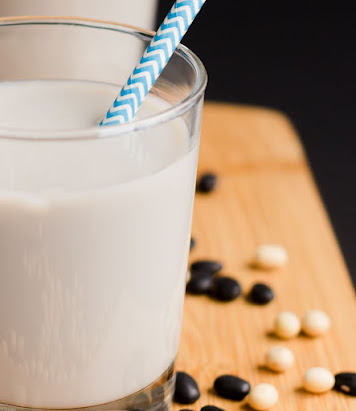Soybean milk or soy milk, the water extract of soybeans, is a stable emulsion, which is considered as staple Asian cuisine. Overnight soaked soy beans are crushed with water and filtered to get the soy milk.
As an inexpensive and convenient source of high-quality proteins, soy milk is one of the most important traditional beverages that are consumed widely in Asian countries, including China, Japan, Korea, Singapore and Thailand.
Soybean can play a vital role in balancing the protein deficiency of human diet. Soybean mostly contains protein (~40%) and other compounds, such as carbohydrates, isoflavones, saponins, phytic acid, and fibers.
It is also rich in Ca, Protein and Vitamins A, B, C and D. In countries or regions where animal proteins are not available or where the price of meat are beyond the purchasing power of average population, soybean and soybean products may be used as their substitutes.
One advantage of soy milk over cow/buffalo milk is, this milk doesn’t contain lactose or cholesterol and the fibers present can be removed from the final product. Those features have made soybean milk as an alternative protein source, especially for people who have lactose intolerance syndrome.
Functional soy milk can be considered as soy milk that contains extra bioactive components and may help to enhance health or lower risk of diseases. Soybean is a good source of phenolic compounds with antioxidant properties and has an extraordinarily high amount of isoflavones, a group of phytoestrogens that have been reported to possibly lower the risk of hormonal and age-related diseases.
Fermentation using lactic acid bacteria (LAB) can reduce the beany flavor of soybean milk. Fermented soybean milk has become popular because it appears to reduce cardiovascular disease, contribute to weight loss, mitigate arthritic symptoms and improve brain function.
The properties of soybean milk
Metal contamination poses a significant hazard in all types of food
products, threatening both consumer safety and product quality. Proper
equipment and ef...





